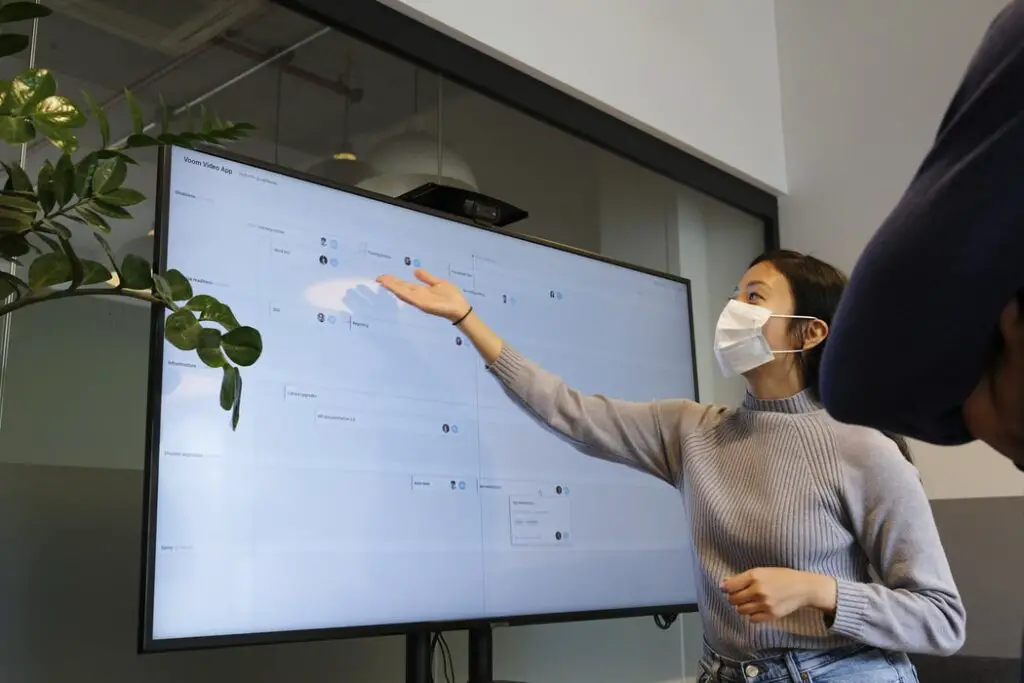Women, especially from racial groups underrepresented in academia and other fields that value intellectual ability, often suffer from “imposter syndrome,” according to a new study.
The study asserts that while feelings of inadequacy are common among professionals, gender and career-stage differences further heighten these emotions, especially in fields that value intelligence.
“It is likely that women from these groups have stronger impostor feelings in brilliance-oriented fields because they are targeted by negative gender, racial, and ethnic stereotypes about their intellect,” said Melis Muradoglu, the paper’s lead author and a New York University doctoral candidate.
The Impostor Effect
Researchers sampled over 4,000 academics (tenured, tenure-track, non-tenured, postdoctoral fellows, medical residents, and graduate students) and the results supported their thesis.
Participants were asked to rate their “impostor feelings” (with questions such as “Sometimes I’m afraid others will discover how much knowledge or ability I really lack”) and how much their field values intelligence (with how much they agree with statements such as “Personally, I think that being a top scholar of [my discipline] requires a special aptitude that just can’t be taught”).
The study also noted that impostor feelings are connected to “a lower sense of belonging in a field and lower self-efficacy, highlighting the potential negative implications of the impostor phenomenon for academics’ long-term success and for the diversity of fields that value brilliance.”
“Many high-achieving individuals feel inadequate despite evidence of their competence and success,” Andrei Cimpian, the paper’s senior author, noted. “Our study shows these sentiments are more likely to emerge in certain contexts—namely, those where brilliance is emphasized—so efforts should be focused on how higher education can create environments where all academics feel capable of succeeding.”

